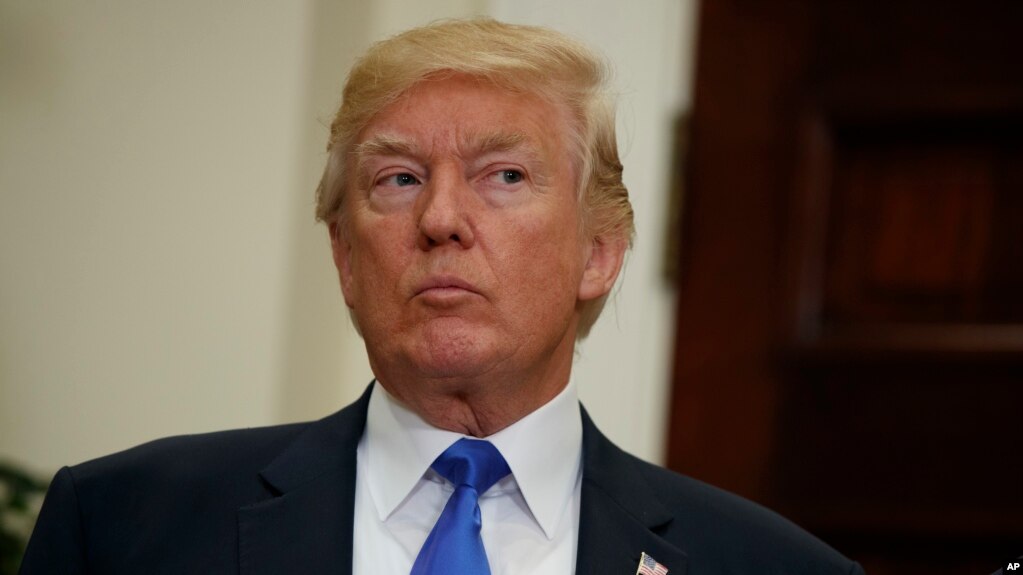 Donald Trump
Donald TrumpThe president criticized two senators, and the third doubted the competence of Trump
WASHINGTON - The split between President Donald Trump and his own party once again deepened when Trump publicly criticized two Republican senators, and another senator from his party questioned the balance and competence of the president.
The objects of criticism of the president this time were Senators Lindsey Graham from South Carolina and Jeff Flake of Arizona.
Graham, who ran for presidency in the past, accused Trump of inciting social tension with his comments about racial protests in Charlottesville, Virginia.
"Advertising seeker Lindsay Graham falsely stated that I said there is a moral equivalence between the KKK, neo-Nazis and white nationalists," Trump wrote in his Twitter account, calling it a "disgusting lie."
Flake, who is on the Senate Judiciary Committee, aroused the president's anger by writing in his new book that the Republicans, succumbing to the tramp's "policy of malice," betrayed their principles.
Trump in Twitter actually supported Flake's opponent in the primaries of 2018, saying that the current senator has "weak positions on issues of borders and crime" and he does not do any good in the Senate.
According to some, tweets and recent statements by Trump eloquently demonstrate the state of relations between the president and the Republican Party, founded in 1854.
Most notably, Trump is increasingly isolated from the leaders of Congress, where both chambers are controlled by Republicans.
Speaking on Thursday at the Chattanooga business club in his native state of Tennessee, Republican senator Bob Corker called for "radical changes" in the White House to avoid "big trouble."
"The president has not yet been able to demonstrate either the poise or the competence that he needs to show in order to succeed," Corker said.
None of the Republican congressmen spoke on television in defense of Trump's reaction to racial riots.
"The split between the president and the Republican Party is not like any example I know of in American history," said Adjunct Professor of the University of Pepperdine Ted McAllister.
According to the historian, one of the first US presidents John Adams, as well as his son, President John Quincy Adams, "faced serious challenges from their parties that prevented them from achieving great results in anything," and President Andrew Johnson There was a similar experience with the Congress during the Reconstruction, but "this parallel is not too strong."
McAllister, who often lectures on conservatism in the US, believes that Trump brought power to people who wanted an outsider, but who had no choice among candidates from third parties.
"The Republican Party is still run by those who believe in the old ideology of the 1980s, and whose own interests are related to the institutional matrix, politics and political structure that emerged during this new era of globalization," the historian notes. - The Republican Party at the moment is not able to move away from this connection, so that, due to its peculiarities, it is arranged in such a way that it can not but reject the rebel. "
Some political observers are convinced that Trump can not and will not change, and this can lead to serious consequences for him and the party.

No comments:
Post a Comment
Note: Only a member of this blog may post a comment.